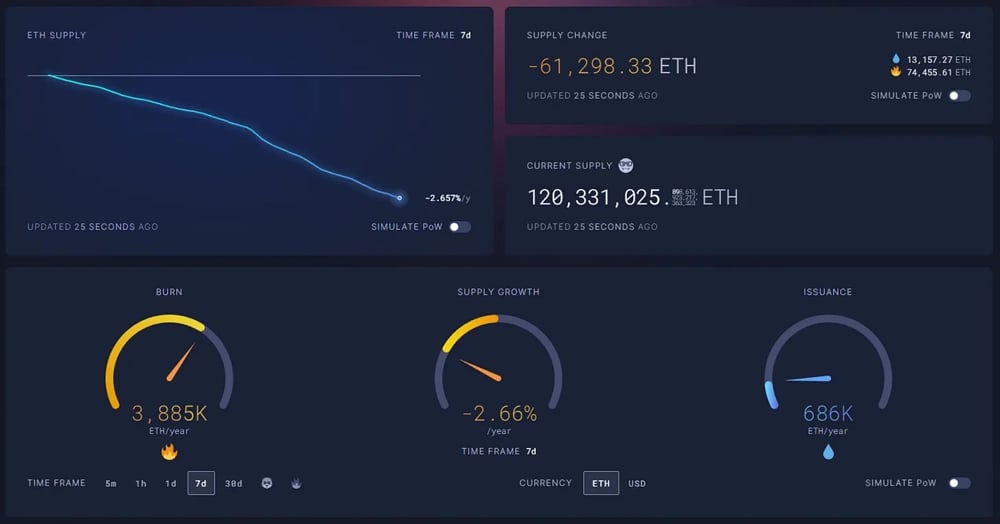Hong Kong Passes Stablecoin Bill: HKD-Backed Crypto Issuers Now Require HKMA Licensing
On Wednesday, Hong Kong’s Legislative Council approved a long-anticipated bill that introduces a licensing regime for stablecoin issuers. The new law applies specifically to fiat-referenced stablecoins, including those backed by the Hong Kong dollar (HKD), and aims to strengthen the city’s position as a regulated digital finance hub amid rising global demand for compliant crypto infrastructure.
The regulation mandates that any entity issuing HKD-pegged stablecoins, whether domestically or from overseas, must be licensed by the Hong Kong Monetary Authority (HKMA). The government’s press release underscored that the move is intended to provide regulatory clarity, reduce systemic risks, and attract credible issuers into a framework overseen by local authorities.
Regulatory Clarity or Market Constraint? Impact on Stablecoin Landscape
The legislation follows growing concerns over the systemic risks of unregulated stablecoins, especially in jurisdictions with tight capital controls or exposure to shadow banking channels. By anchoring the issuance of stablecoins to a formal licensing system, Hong Kong is aligning itself with similar efforts in jurisdictions like Singapore and the European Union.
Analysts argue that the bill could boost investor confidence and encourage institutional participation in stablecoin development. However, stricter controls may also raise compliance costs and deter smaller crypto startups from entering the Hong Kong market. This could result in market concentration among a few licensed players, potentially stifling innovation in the broader Web3 and DeFi (decentralized finance) ecosystems.

Key Facts
Bill passed: Stablecoin licensing regulation approved on May 22
Regulator: Hong Kong Monetary Authority (HKMA)
Scope: Fiat-referenced stablecoins, including HKD-backed tokens
Jurisdiction: Applies to issuers operating within or targeting Hong Kong
License required: Mandatory for all issuers of HKD-linked stablecoins
Market Reactions and Industry Feedback
Initial feedback from market participants has been mixed. Crypto compliance firms and established fintechs see the bill as a positive signal for regulatory certainty, which is essential for stablecoin integration into traditional finance (TradFi). Several regional exchanges and digital banks are reportedly exploring partnerships or product updates to align with the new framework.
Meanwhile, some DeFi projects and cross-border remittance platforms expressed concern about the potential barriers to entry, particularly the unclear costs and criteria associated with HKMA’s licensing process. For global stablecoin issuers such as Circle (issuer of USDC) or Tether (issuer of USDT), this move may also influence how HKD pairs are treated in offshore trading desks.

Core Developments
The law introduces a licensing regime for stablecoin issuers in Hong Kong.
It specifically targets fiat-referenced tokens, including HKD-backed stablecoins.
Issuers, whether local or foreign, must comply if targeting Hong Kong’s financial market.
The HKMA will oversee application, compliance, and enforcement protocols.
The regulation aims to balance innovation with financial system stability.
A Defining Framework for Stablecoin Regulation in Asia
With the passage of its stablecoin bill, Hong Kong becomes one of the first Asian jurisdictions to legislate a full licensing mechanism for crypto issuers, marking a decisive shift from voluntary compliance to formal oversight. This step is significant for both crypto-fintech convergence and Hong Kong’s ambitions to reclaim its role as a digital finance leader.
The move underscores a global trend toward regulated tokenization of fiat currencies, while also testing how effectively traditional financial governance can adapt to programmable money. The outcome of this regulatory shift will be closely watched by governments, developers, and financial institutions aiming to integrate stablecoins into payment systems, asset management, and cross-border settlements.















Comments
This sale could mark a defining moment for automation’s role in the tech industry
We're seeing how forward-looking strategies are not just influencing growth—they're redefining it